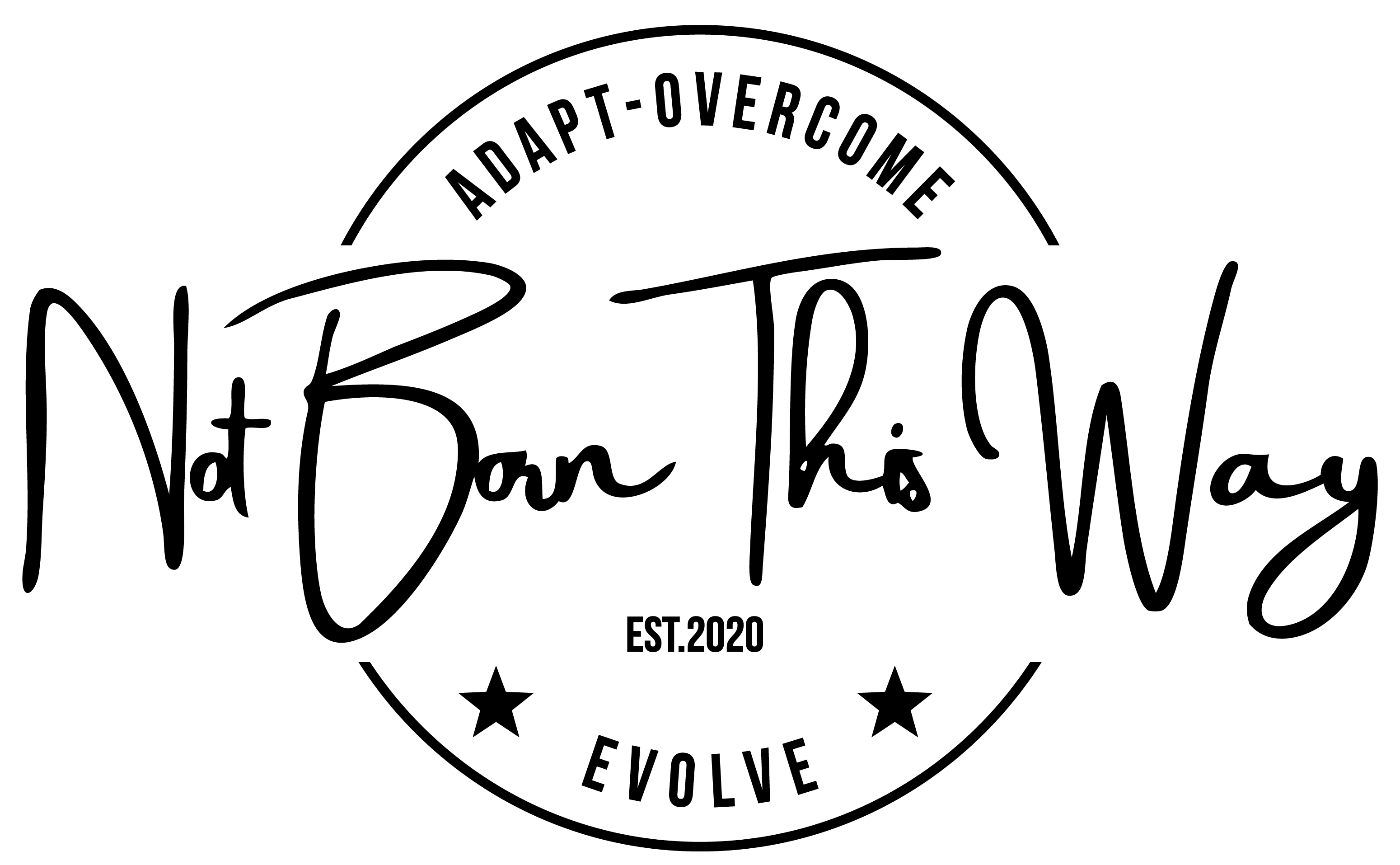The trapezius muscle (aka traps) plays a vital role in our upper body strength and shoulder mechanics. Yet, they often get a bad rap as ‘too tight’, ‘holding stress’, and having ‘too many knots’. This may even show up in the form of jaw pain, headaches, or migraines. If you’ve found yourself saying these things for years, *cue raising my hand*, you’ve likely just accepted your traps to be a home for you to hold stress and have agreed to deal with it until death do you part. To alleviate this relationship, here’s a little bit about why our shoulders tend to carry the brunt of our daily tension.

Why do my traps always feel tight?
Posture: A majority of our daily movements happen in forward-facing motions. Think computer work, cooking, driving, gardening, etc. Naturally, the muscles in the front and midline of the body are used most often and shorten into these rounded postures naturally. Muscles in the upper to mid-back become inhibited, stretched, and tighten as a response to protect the spine. Being in a disjointed position over time will lead to weaker muscles that are harder to activate when we need to be using them.
Breathing: Let’s talk about the body’s stress response, our sympathetic nervous system controls the ‘fight or flight' response to all stressors. When we enter this state our heart rate and blood pressure increase, breathing becomes shallow and quick, pupils dilate, skin becomes pale or flushed. Let’s use the example of someone running late for work. Their body does not know the difference between this minor stress, or major stress like being chased by a bear. When they are in a constant state of stress, they will breathe like they are out of breath.
This shallow/quick breathing in the chest activates accessory muscles in the neck and upper back while leaving important muscles behind, like the diaphragm and several contributing core/rib musculatures. This imbalance over time causes overactive muscles leading to movement imbalances and creating a vicious cycle.
For a little added perspective, we take about 20,000 breaths in one day. That’s 20,000 reps contributing to the tension you may be feeling.
So now what? Leave your desk job? Never garden again? Avoid all stress? Guaranteed I’ve stressed you out just reading this. In fact, go ahead and remove those tight shoulders from your ears right now and take a deep belly breath. Here are some things you can think about during your daily activity and workouts to help ease your aching shoulders.

Overall the physical discomfort or stress you experience throughout the day can take a great toll over the years. Don’t ignore it! Just like strength training, small changes in postural awareness and stress management make a big difference over time.
